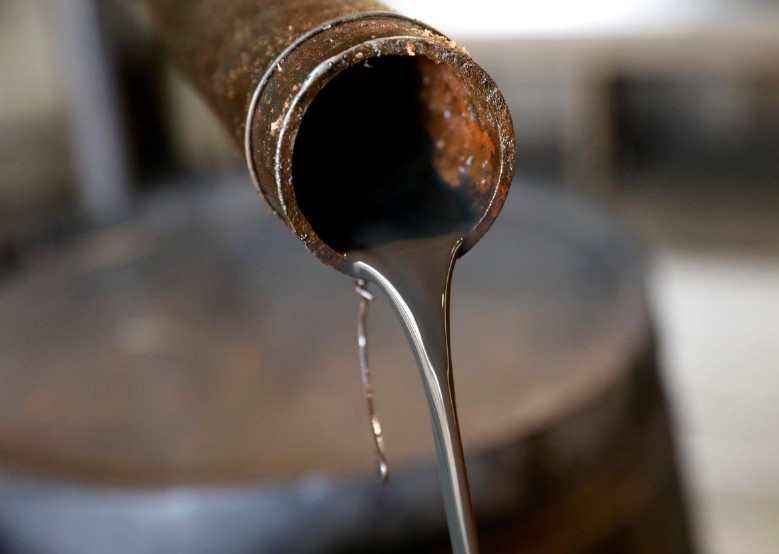
But prices came off their peaks after U.S. President Donald Trump authorized the use of the country’s emergency stockpile to ensure stable supply.
Brent crude futures, the international benchmark, rose by as much as 19.5% to $71.95 per barrel, the biggest intra-day jump since Jan. 14, 1991. By 0633 GMT, the front-month contract was at $66.31, up $6.09, or 10.1%, from its previous close.
U.S. West Texas Intermediate (WTI) futures climbed by as much as 15.5% to $63.34, the biggest intra-day percentage gain since June 22, 1998. The front-month contract was at $59.80, up $4.95, or 9%.
Saudi Arabia is the world’s biggest oil exporter and the attack on state-owned producer Saudi Aramco’s crude processing facilities at Abqaiq and Khurais has cut output by 5.7 million barrels per day. The company has not given a timeline for the resumption of full output.
A source close to the matter told Reuters the return to full oil capacity could take “weeks, not days.”
“We think the attacks would be a wake up call for investors, who have failed to price in risk within the price of crude. Although global supply will contract in the near term, the United States has the ability to supply this contraction,” said Hue Frame, managing director at Frame Funds in Sydney.
Countries which are major importers of Saudi crude, such as India, China and Indonesia, will be the most vulnerable to the oil supply disruption, Frame said.
Saudi Arabia’s oil exports will continue as normal this week as the kingdom taps into stocks from its large storage facilities, an industry source briefed on the developments told Reuters on Sunday.
“The attacks on critical Saudi oil infrastructure over the weekend are unlikely to reduce the kingdom’s oil exports dramatically and the markets will likely look beyond short-term supply-demand dislocations,” Barclays said on Monday.
“However, a re-pricing of supply-side tail risks will likely provide a more sustained boost to oil prices.”
President Trump said he approved the release of oil from the U.S. Strategic Petroleum Reserve (SPR) if needed in a quantity to be determined.
Trump also said the United States was “locked and loaded” for a potential response to the attack on Saudi Arabia’s oil facilities.
Meanwhile, South Korea said on Monday that it would consider releasing oil from its strategic oil reserves if circumstances around crude oil imports worsen in the wake of Saturday’s attack on Saudi Arabia’s oil facilities.
The attack on plants in the heartland of Saudi Arabia’s oil industry, including the world’s biggest petroleum-processing facility at Abqaiq, came from the direction of Iran, and cruise missiles may have been used, according to a senior U.S. official.
RISK PREMIUM
“Growing fears of a supply squeeze and heightened geopolitical tensions in the Middle East will add a risk premium for oil prices,” said Benjamin Lu, analyst at Singapore-based brokerage Phillip Futures.
“Oil markets though adequately supplied over well-stocked global inventories will remain fragile as market deliberate looming supply-side uncertainties. A prolonged supply outage and heightened militaristic tensions (Middle East) will keep traders fixated on growing market risks in the current term.”
Saudi Arabia is set to become a significant buyer of refined products after the attacks, consultancy Energy Aspects said in a note.
Saudi Aramco will likely buy significant quantities of gasoline, diesel and possibly fuel oil while cutting liquefied petroleum gas exports.
U.S. gasoline futures rose as much 12.9%, while U.S. heating oil futures rose by as much as 10.8%. China’s Shanghai crude oil futures rose to its trading limit, gaining 8% at the open.
Meanwhile, Saudi Aramco has told one Indian refinery there will be no immediate impact on oil supplies as it will deliver crude from other sources and has adequate inventory, a source with the refinery said.
Other Asian buyers such as Thailand have also said the attack would have no immediate impact on oil imports.
